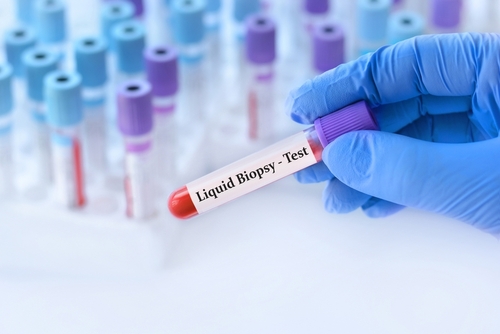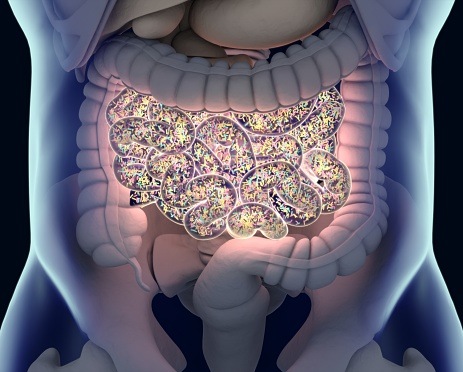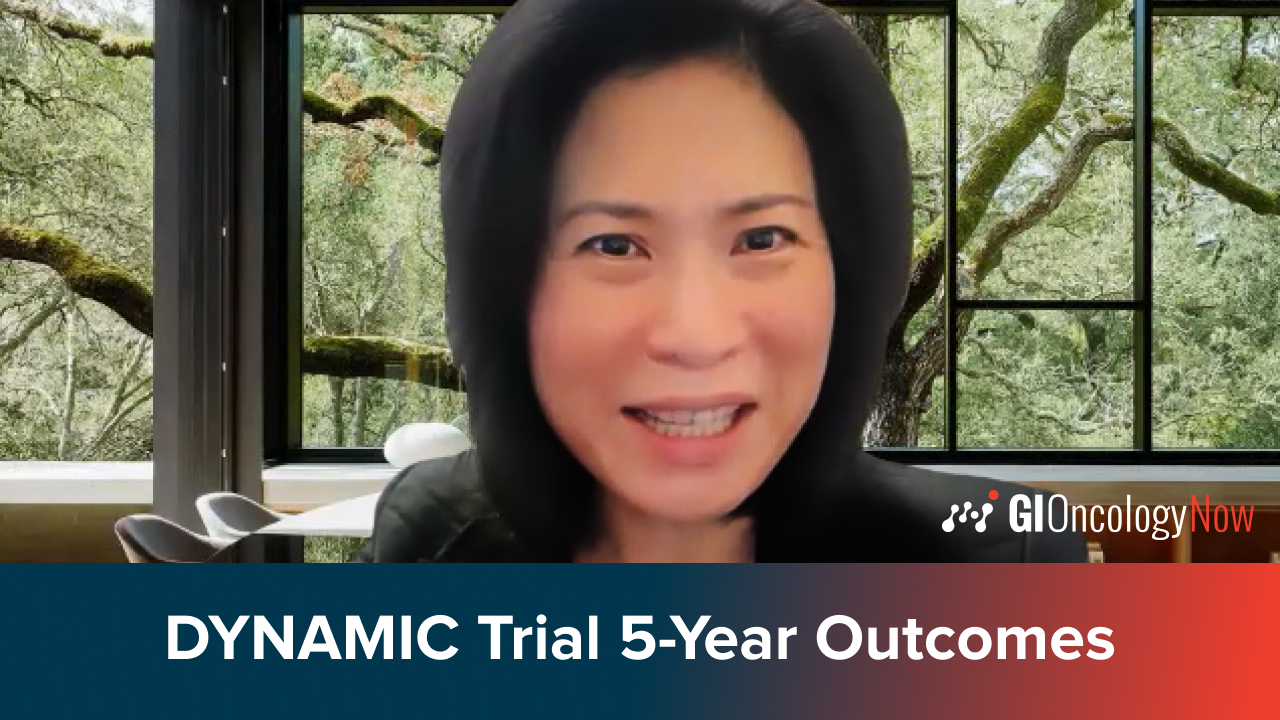
The phase 2 CITRIC trial, the first randomized study to use liquid biopsy to guide third-line rechallenge with cetuximab and irinotecan, shows encouraging results in patients with RAS wild-type (wt) metastatic colorectal cancer (mCRC). In these patients, where therapeutic options are usually limited, cetuximab rechallenge offers a much-needed alternative.
The study enrolled patients who had previously benefited from anti-EGFR therapy but experienced disease progression after second-line treatments. Using circulating tumor DNA (ctDNA) testing to select patients without RAS, BRAF V600E, or EGFR-ECD mutations, 58 participants were randomized to receive cetuximab plus irinotecan or the investigator’s choice of therapy, excluding anti-EGFR agents.
After a median follow-up of 5.1 months, the results indicated a significant advantage for those who received cetuximab rechallenge. The overall response rate (ORR) in the cetuximab arm was 9.7%, compared to 0% in the control group, while the disease control rate (DCR) was 71% in the cetuximab arm compared to 33.3% in the control arm (P=.008).
Treatment duration was also longer in the cetuximab group, with a median of 3.8 months compared to 2.1 months in the control arm. There were no significant differences in toxicity, except for an increased occurrence of rash in the cetuximab arm.
According to the study authors, “Our preliminary results demonstrate the effectiveness of cetuximab rechallenge in terms of ORR and DCR” for patients with RAS/BRAF/EGFR–ECD wild-type mCRC. These findings open the door to further research into liquid biopsy-guided rechallenge strategies, offering new avenues of treatment for a challenging patient population.







 © 2025 Mashup Media, LLC, a Formedics Property. All Rights Reserved.
© 2025 Mashup Media, LLC, a Formedics Property. All Rights Reserved.